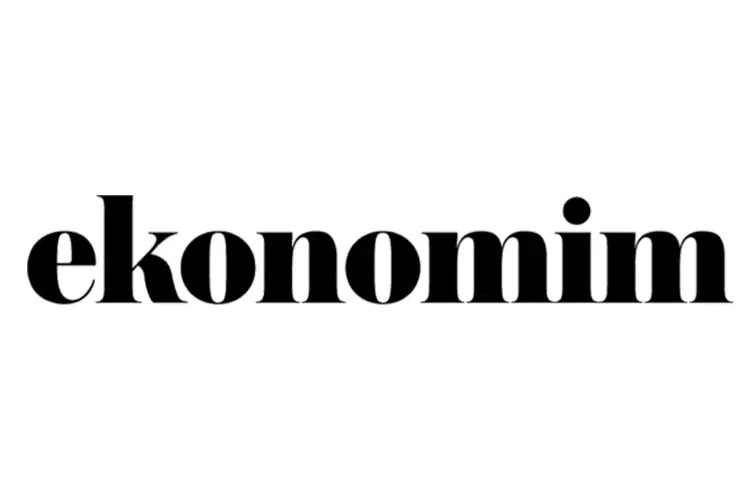
The “Credit note”, which we frequently encounter in commercial life, is used by companies engaged in international trade in order to mutually balance the elements related to costs that arise unpredictably in trade. A credit note is a document issued by the seller to the buyer, especially regarding imported goods, for reasons such as price differences, defective goods, inadvertently issuing excessive invoices, discounts, commissions, etc., to show that the buyer is a creditor from the seller and the amount of the receivable. Although credit notes are often issued for these reasons, we also frequently see credit notes being issued due to transfer pricing.
Although it is frequently encountered in commercial life, the issue of transactions to be established in terms of customs procedures in obtaining a credit note is still very controversial. The main problems that may be experienced in customs in obtaining a credit note can be listed as the credit note reducing the price of the imported goods, payments made with a credit note not being considered as advance payment, and customs value inconsistency in the use of the credit note in subsequent imports.
In practice, many companies can reject the credit notes of sellers who want to waive the amount they are owed and issue a credit note rather than having problems with the customs administration. When this option is eliminated, sellers usually suggest that if you do not receive a credit note, let's deduct it from the price in our next sale. When the amount the buyer is owed is applied as a discount on the next imported goods invoice, this time a low-value import is made, which creates a separate risk element for the customs administration. In customs practice, a decrease in the price of imported goods can trigger the process of investigating the value of the imported goods, such as requesting supporting documents, making a comparison of peers, checking foreign invoices, etc.
Another aspect of the issue is that the customs administration does not accept the credit note as an advance payment in the next import. This means that when it is desired to prove that a part or all of the price of an imported goods subject to KKDF was paid in advance with a credit note, the customs administration says that the payment made with a credit note is not considered an advance payment and collects KKDF. The reason why the customs administration does not consider a payment made with a credit note as an advance payment is; The Revenue Administration has stated in various letters that advance payment can be proven with three types of documents (Foreign Exchange Sales Document, Turkish Currency Transfer Document or a document issued by the bank stating that the import price was paid from the foreign exchange deposit account to the exporter's account abroad) and that the credit note is not one of these documents.
The Council of State 7th Chamber has put a stop to the practice of not counting credit notes, which is a reality of trade, as advance payment at customs, with its precedent decision numbered 2021/2501. Although the Council of State's opinion that credit notes should be counted as advance payment will undoubtedly be a trigger for credit notes to be included among the documents considered as advance payment, this decision of the Council of State will not solve all the problems regarding credit note purchases.
Although a very positive perception has emerged among importers regarding credit notes following the Council of State decision, this decision will not prevent the customs administration from questioning the change in the price of imported goods.
If importers submit credit notes received due to transfer pricing to the customs administration as a document proving advance payment in their imports, this situation is also likely to lead to value research regarding the prices of imported goods, especially in trade between related companies.
As a result; The answer to the question “Will We Have Problems at Customs if We Get a Credit Note?” should be evaluated on the basis of concrete events. Although credit notes received due to reasons such as the goods being defective, the price decrease of goods in international stock exchanges, etc. may be accepted by the customs administration, since credit notes received due to transfer pricing may initiate customs investigations regarding the accuracy of imported goods prices, it is essential that they are examined in terms of customs technique before being submitted to the customs administration. www.ekonomim.com/kose-yazisi/credit-note-alsak-gumrukte-sorun-yasar-miyiz/699854
